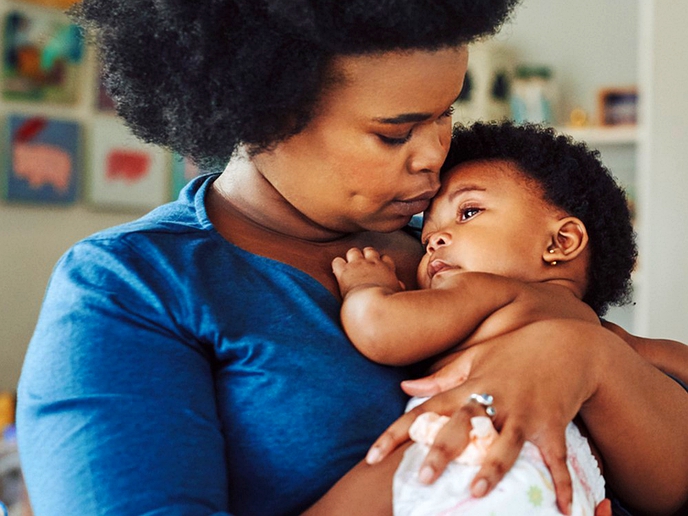MASERU – His Majesty King Letsie III on Friday handed over a cheque worth M15 000 to residents of … in Mafeteng for a community tree production project. The handing over ceremony was held at the royal palace in Maseru.
health
Aug. 20, 2020
LINEO MABEKEBEKE
3 min read
King supports healthy living projects

The donation was a contribution made by local health, wellness, and social services provider, Mamoth, to His Majesty as part of commemorating his 57th birthday. The company also wanted to give back to the community as part of its corporate social responsibility programme.
It said the donation was in anticipation of the socioeconomic effects of COVID-19 that are exacerbating the already dire situation of poverty in Lesotho. Mamoth, therefore, thinks it is imperative to drive food security projects during and post-pandemic for communities in rural areas.
Chief executive officer of Mamoth, Teboho Makoetlane, said from last year they have been looking for projects that they could support to celebrate the king’s birthday. The plan he said is also to support his objectives like food security and good nutrition while offering assistance to create employment, especially amongst the youth.
Makoetlane said in April, the Limomonane Products approached them with a project proposal for the plantation of about 3 000 fruit-trees in Mafeteng, to empower the local community.
The project will also help Limomonane as a fruit processing company to have a consistent supply throughout the year, unlike when it depends on individual suppliers. “We thought this was something that His Majesty would love to deal with, ensuring that communities can create employment for themselves,” Makoetlane also said.
For his part, King Letsie III, as the African Union (AU) nutrition champion, thanked Mamoth for the initiative, saying it showed the love the company has for Basotho youth. He was hopeful that other youth will take it as a good example, to work towards job creation and in turn help their communities towards the development of the economy.
The king also expressed his gratitude to Mamoth for considering the good work that is done by Limomonane, encouraging other local companies to follow suit in the fight against hunger and poverty.
On behalf of Limomonane products, Lipuo Nkholi said they are going to help fight food insecurity and ensure that they produce more than they used to. She said they chose the production of fruit trees due to their health benefits in human beings.
Enjoy our daily newsletter from today
Access exclusive newsletters, along with previews of new media releases.
She said Lesotho’s weather is ideal for the production of fruits adding that the company’s long term goal is to export its products to international markets. Mamoth has as its strategic focus on social responsibility, to contribute towards projects that promote healthy living and boost investments in nutrition and wellness amongst Basotho.
In its statement, Mamoth said as the only indigenous medical aid provider in the country, it prides itself in creating strong local value chains, as well as maintaining caring relationships with
Basotho and the environment - “Because We Care”. The statement said it was therefore fitting that the company identified a suitable project to fit the category called
“Development of Fruit Orchard for Climate Action and Food Security”. The project, initiated by Limomonane Products, is also seen as a major contribution to the alleviation of hunger and poverty as well as the empowerment of disenfranchised farmers with skills to improve their response to the global crisis of food security.
Tailored for you






